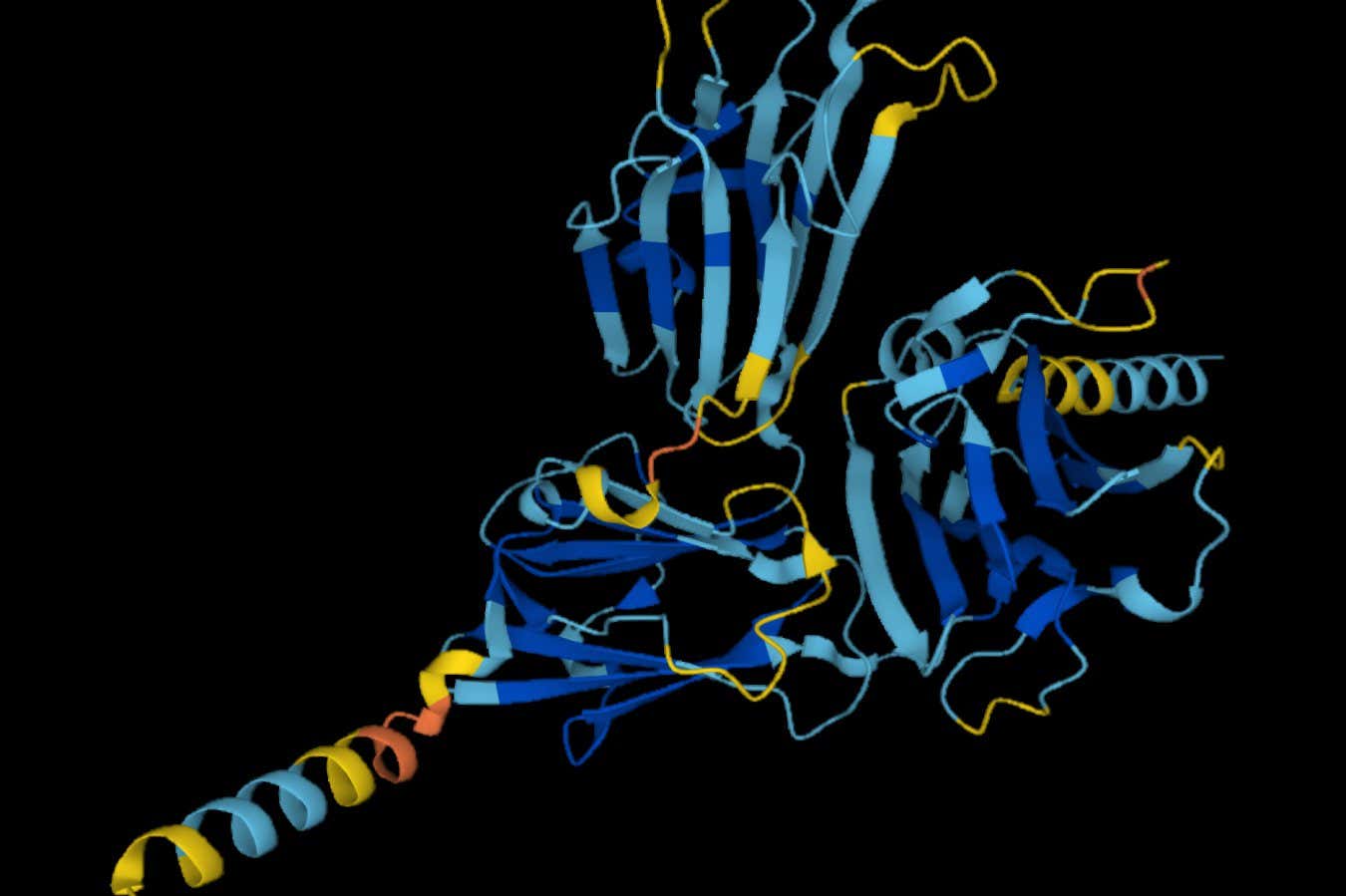The field of artificial intelligence (AI) has seen significant advancements in recent years, with systems like ChatGPT gaining popularity and attracting investments. While AI has been primarily associated with chatbots, it has quietly been contributing to solving major scientific challenges for decades. Now, AI appears poised to play a crucial role in achieving commercially viable nuclear fusion power.
Google’s DeepMind is a prominent company that has consistently demonstrated its ability to solve real-world problems using AI. One of its remarkable achievements is in the field of protein folding. Determining the three-dimensional structure of proteins based on their amino acid sequences has been a long-standing challenge, often taking researchers years to solve a single protein folding problem. DeepMind made a groundbreaking announcement last year when it revealed that its AI system, AlphaFold, had successfully predicted the structures of almost all known proteins in just 18 months. The AI was trained using data on known protein shapes, enabling it to predict the structures of unsolved proteins.
The implications of this achievement are immense. The data generated by DeepMind’s AI is already contributing to advances in various areas, including the development of new treatments for diseases like malaria and the creation of enzymes capable of breaking down plastic waste. Pushmeet Kohli, a researcher at DeepMind, believes that there is even more potential in this field. In addition to protein structure prediction, AI can assist in mapping protein dynamics, accelerating protein design, and understanding the impact of protein mutations associated with diseases such as cancer.
AI is also making significant progress in addressing other scientific challenges. For example, AI algorithms have been used to improve climate modeling, leading to more accurate predictions of weather patterns and climate change impacts. In the field of drug discovery, AI is aiding researchers in identifying potential therapeutics and expediting the drug development process. Similarly, AI is being employed in genomics to analyze vast amounts of biological data and uncover meaningful insights relevant to human health.
Overall, AI’s contributions to solving major scientific challenges are both remarkable and diverse. From protein folding to climate modeling and drug discovery, AI is providing valuable insights and accelerating progress in various fields. As AI continues to advance, it holds great promise in revolutionizing scientific research and addressing some of the most pressing issues facing humanity.








